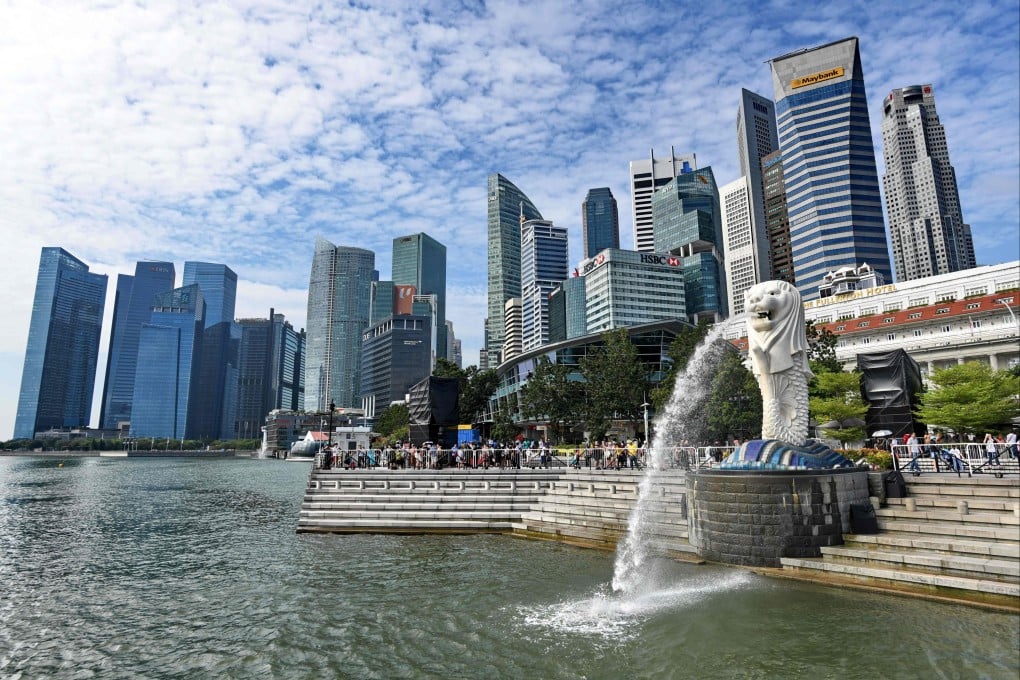Destinations known | Will Singapore win the battle for Chinese tourists amid China’s decoupling from US and the world?
- With all the talk about ‘Cold War II’, Chinese tourists will likely go only where they feel safe and welcomed when travel restrictions are lifted
- A study ranked the US as having the lowest safety perception among Chinese travellers. Top of the list? Singapore

As far as global forks in the road go, there’s not much that can compete with the coronavirus pandemic. It has affected almost everyone, upended almost every industry and amplified geopolitical issues, among them China’s decoupling from the
United States and, some argue, from the wider world.
Usually discussed in terms of trade, when the barricaded borders of mainland China eventually reopen – post Beijing 2022 Winter Olympics at the latest, please – there could be another element to this international disengagement: the flow of the country’s tourists.
According to the European Travel Commission’s “long-haul travel barometer”, published in June, which “provides forward-looking information about short-term travel trends among potential travellers from Brazil, China, Japan, Russia and the US” to the continent, there was “a particularly weak travel sentiment in […] China”, with only 26 per cent of Chinese respondents expressing confidence in travelling to Europe.
America appears to evoke the same reaction. A recent study that looked into Chinese traveller sentiment, released by digital marketing company Dragon Trail International, found that perceptions about the safety of overseas destinations have declined over the past six months, with the US remaining “the country with the lowest safety perception, rated by 87% as ‘unsafe’”.

The report also looked at what exactly might motivate Chinese travellers to venture abroad again, and it’s not good news for destinations with whom China doesn’t enjoy rosy relations: 76 per cent said that official travel advice was the most important factor when it comes to foreign forays. In recent years, China has issued travel warnings against nations such as Australia, South Korea and Canada, often provoked, it seems, by political spats rather than actual conditions on the ground in those countries.

